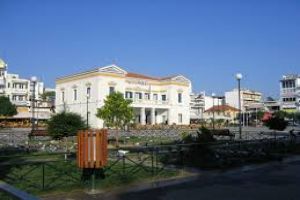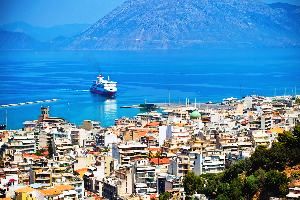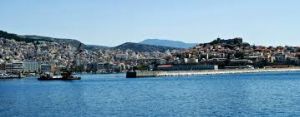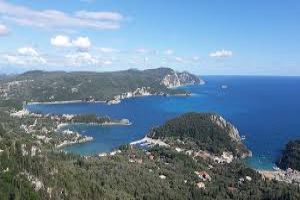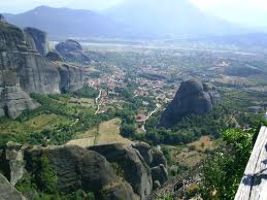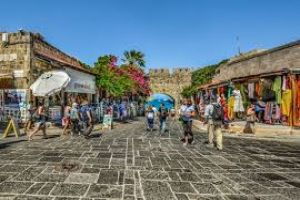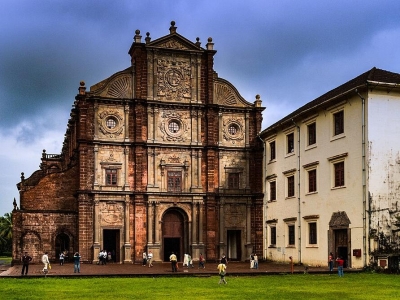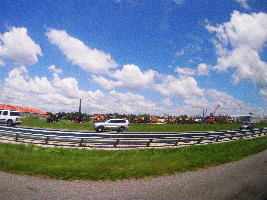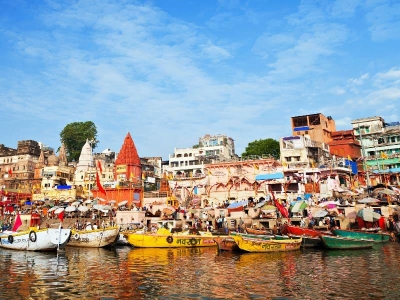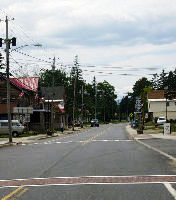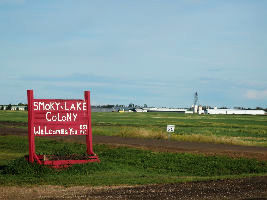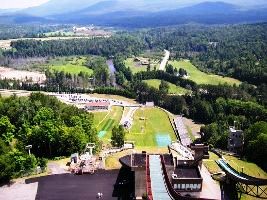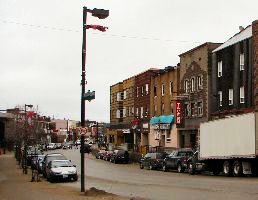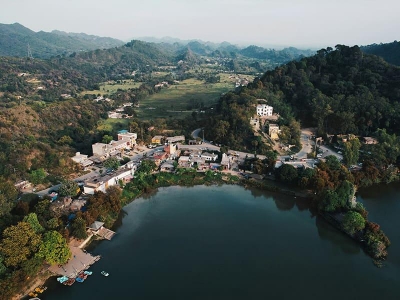Arta
About Arta
Arta is a town in northwestern Greece, capital of the nearby unit of Arta, that's part of Epirus area. The town changed into known in ancient instances as Ambracia. Arta is thought for the medieval bridge over the Arachthos River. Arta is also acknowledged for its historical web sites from the era of Pyrrhus of Epirus and its properly-preserved thirteenth-century castle. Arta's Byzantine records is pondered in its many Byzantine churches; possibly the high-quality known is the Panagia Paregoretissa Mother of God the Consoling, constructed about 1290 by means of Despot Nikephoros I Komnenos Doukas. The metropolis is the seat of the Technological Educational Institute of Epirus.
The first settlement in the region of the modern town dates to the 9th century B.C. Ambracia became founded as a Corinthian colony in the 7th century B.C. In 294 BC, after forty-3 years of semi-autonomy under Macedonian suzerainty, Ambracia became given to Pyrrhus, king of the Molossians and of Epirus, who made it his capital, the use of Ambracia as a base to assault the Romans. Pyrrhus controlled to acquire notable however high priced victories towards the Romans, subsequently the phrase "Pyrrhic victory" which refers mainly to an alternate at the Battle of Asculum.





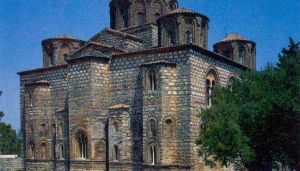
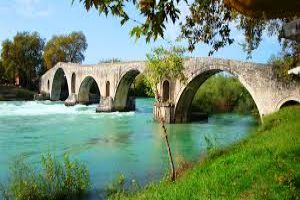
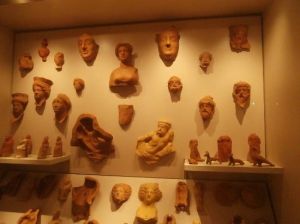
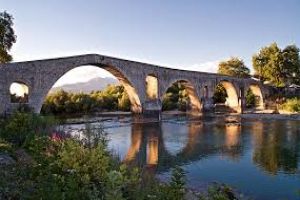
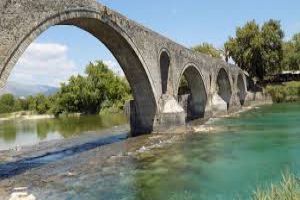



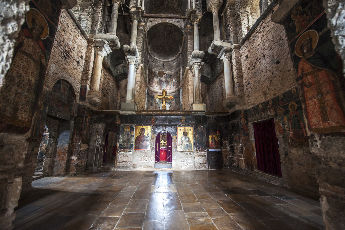
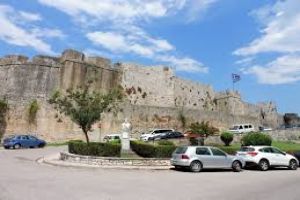
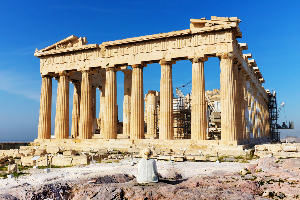
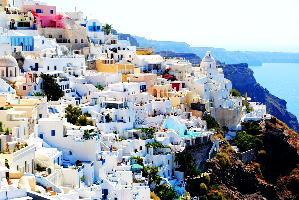
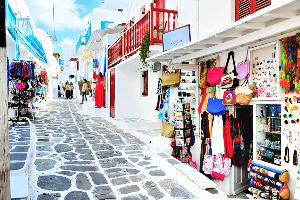
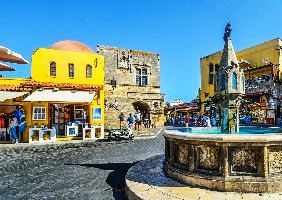
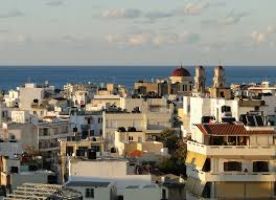
_1518004787m.jpg)
